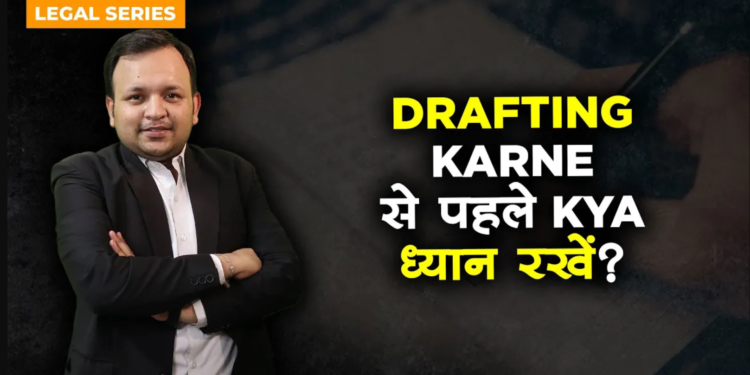INTRODUCTION
Legal drafting is a skill that demands precision, clarity, and an extensive understanding of legal language and structures. Whether you’re a seasoned legal professional or a budding lawyer, continuous improvement is key to becoming an effective drafter. In this blog post, we will delve into seven practical tips that can significantly enhance your legal drafting skills.
Feel free to contact us at; https://thelegalshots.com/legal-opinion/
READ ONE JUDGMENT EVERY DAY
Legal judgments are a goldmine of information for aspiring legal drafters. By making a habit of reading one judgment every day, you expose yourself to diverse writing styles, legal arguments, and the use of specific legal terminology. Pay attention to how facts are presented, arguments crafted, and the nuances of legal language. This practice not only enhances your understanding of the law but also helps you become familiar with the accepted norms of legal writing.
BROADEN YOUR VOCABULARY
A robust vocabulary is the cornerstone of effective legal drafting. Make a conscious effort to expand your lexicon by learning ten new words every day. These words need not be exclusively legal; in fact, incorporating non-legal words can add a layer of richness to your writing. Maintain a dedicated notebook to jot down these words, their meanings, and examples of how they can be used. Over time, this practice will not only make your writing more articulate but also instill confidence in your ability to express complex legal ideas.
STUDY PETITIONS FOR STRUCTURAL MASTERY
Petitions are the heart of legal drafting, and studying the drafts of others can provide invaluable insights into effective structuring. Examine how petitions are organized, from the introduction to the prayer. Pay attention to the sequencing of arguments, the framing of issues, and the strategic placement of legal authorities. This hands-on approach to learning from others’ drafts can guide you in creating well-organized and compelling legal documents.
EMBRACE GOOD GRAMMAR
While it may seem elementary, good grammar is the bedrock of effective communication in legal drafting. A document riddled with grammatical errors can undermine your credibility and the persuasiveness of your arguments. Take the time to proofread your drafts meticulously, paying attention to syntax, punctuation, and sentence structure. If possible, seek feedback from peers or mentors to ensure the highest level of grammatical precision in your legal writing.
CLIENT NOTES AND DEALING
Effective legal drafting is not just about mastering language and structure; it’s also about understanding your client’s needs and concerns. Develop a system for capturing thorough and accurate client notes. A deep understanding of your client’s perspective will enable you to tailor your drafting to their specific goals, ensuring that your work aligns seamlessly with their legal objectives.
LEGAL RESEARCH
Solid legal research is indispensable for drafting compelling arguments. Stay current with developments in your field, be aware of recent precedents, and understand the evolving legal landscape. A well-researched document not only strengthens your arguments but also demonstrates a high level of professionalism. Leverage legal research tools and databases to stay at the forefront of legal knowledge in your practice area.
CONCLUSION
In the ever-evolving realm of law, mastering the art of legal drafting is a continuous journey. By incorporating these seven tips into your daily practice, you can elevate your drafting skills, enhance your credibility as a legal professional, and contribute to the effective administration of justice. Remember, the key to improvement lies in a commitment to lifelong learning and a willingness to refine your skills continually.
To understand such complex laws in simple ways, stay connected with www.thelegalshots.com
If doubts persist, contact our Legal Experts at https://thelegalshots.com/legal-opinion/




